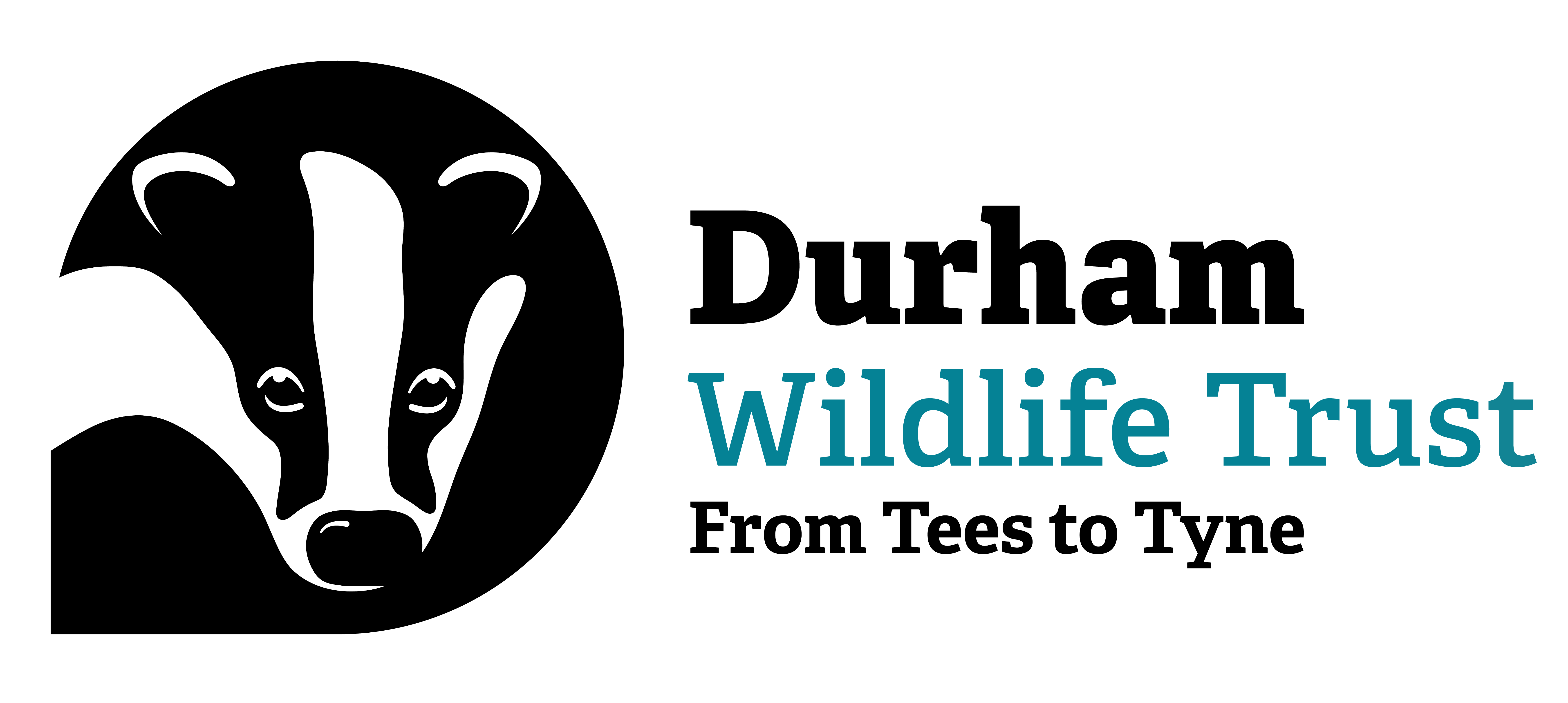
A Celebration of National Lottery Support

Volunteering
Durham, like Wildlife Trusts across the country, was able to massively increase the contribution volunteers make to managing its nature reserves thanks to National Lottery funding. In the late 1990s, a national project provided the Trust with the dedicated staff time and equipment needed to recruit and train volunteers. The benefits of that work can still be seen with the two teams we have today.
Training
Many of the projects that Durham Wildlife Trust has delivered thanks to funding from the National Lottery Heritage Fund have had a strong element of training.
“Teaching people about their natural heritage, and giving them the skills needed to conserve it, are at the heart of what the Wildlife Trust does,’’ commented Dorinda Kealoha, the Trust’s Education and Engagement Officer.
“Lottery recognise how important this is if heritage is to be protected for future generations,” she added.
Revealing Reptiles saw 200 people trained as reptile surveyors thanks to the efforts of Project Officer John Grundy. ‘WildGround’ provided accredited training in practical management techniques and bursaries for 18 people. Both projects benefitted from this training support.
Engaging New Audiences
The Newcastle Quayside is home to the furthest inland colony of Kittiwakes, natural heritage that should be celebrated. Unfortunately, that was not always the case, but thanks to the National Lottery funded Kittiwake Cam project, Durham Wildlife Trust was able to work with the Baltic Centre for Contemporary Art on the Gateshead Quayside to install a camera that could stream images of the Kittiwakes nesting on the Baltic across the internet.
Jim Cokill said: “Tens of thousands of people, some watching from the other side of the world, have logged on to look at the Tyne Kittiwakes, showing just how special these birds are.’’
Rare Species
‘From Coals to Voles’, Durham Wildlife Trust’s water vole recovery project, was the first single species conservation project ever funded by the National Lottery, setting the scene for the millions of pounds invested since then.
Trust Director Jim Cokill said: “I remember getting interviewed about the project by a journalist from The Sun as the then Heritage Lottery Fund was keen to get more coverage in the tabloid press. I gave him lots of information about water vole behaviour and ecology and the science behind water vole conservation and habitat connectivity. We all eagerly awaited the date of publication and the national publicity for our work. The Sun headline ran ‘Lotto £50k for Voles to Bonk’!”
Kirsty Pollard, the Trust’s Naturally Native Project Manager, said: “We still use the data gathered by ‘From Coals to Voles’ to inform our water vole work. The earlier projects helped to slow the decline of our water vole populations and Naturally Native, which is also funded by the National Lottery Heritage Fund, will help to restore the lost populations.”
